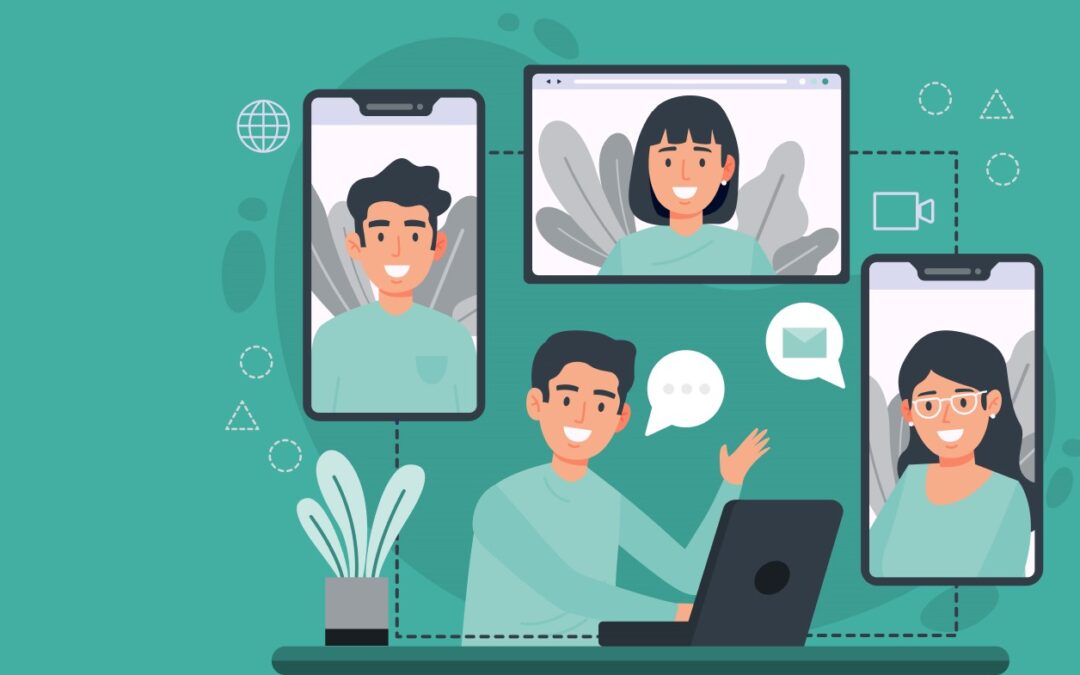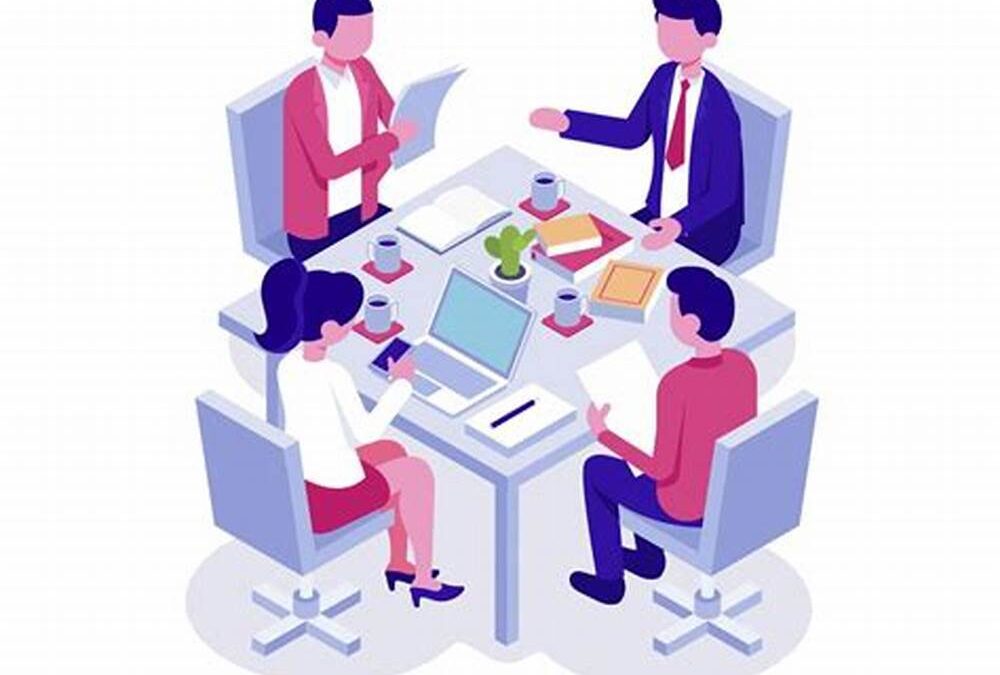
How to Answer Common Interview Questions – Breaking the Ice – III
“What is your greatest accomplishment till date?”
Think about everything you’ve ever done – both in the workplace and elsewhere – and then choose one experience that is valid for job you’re applying for in some way. Most of you will think of things from other jobs, but there could also be things you may have started or taken charge of that you’re especially proud of. Try to adapt the skills of that experience and the way you tell the story to the requirement of the new job.
“What’s the biggest challenge you ever had to overcome?”
If possible, you can use the same story from the previous question (odds are they won’t ask both), and simply adapt the story as needed. Or, there may be some other thing, especially from a prior or current job, where you saved the day despite some really tough circumstances. Where you should be careful is taking a story from your personal life.
You don’t want to let them too far into things that should stay personal at this point. So while your biggest challenge may have been overcoming cancer or a serious accident, this is probably not the time to bring that up, unless of course it relates directly to the job you’re applying for.
“Have you ever failed at anything?”
We found the best answer by Ronnie Ann at www.careernook.com :
“Before graduating with my MBA, I had an interview with the senior VP of a major bank (at least major at the time). He asked me if I ever failed at anything. I was young, and more than a little nervous – the kind of nervousness where your brain freezes while searching for something to say – and I simply said “NO.” He looked at me and said “Too bad. You can learn a lot from failure.”
I got the job anyway. (I say that to help assure all of you who worry about each answer you give.) But what I learned was that if ever asked again, not only did I have an answer, but I had an explanation of what the experience taught me and why I think it made me stronger. And if you can tie all that in with the job you’re applying for, 20 extra bonus points.”
Final Thoughts:
Gear up and ace that interview!

